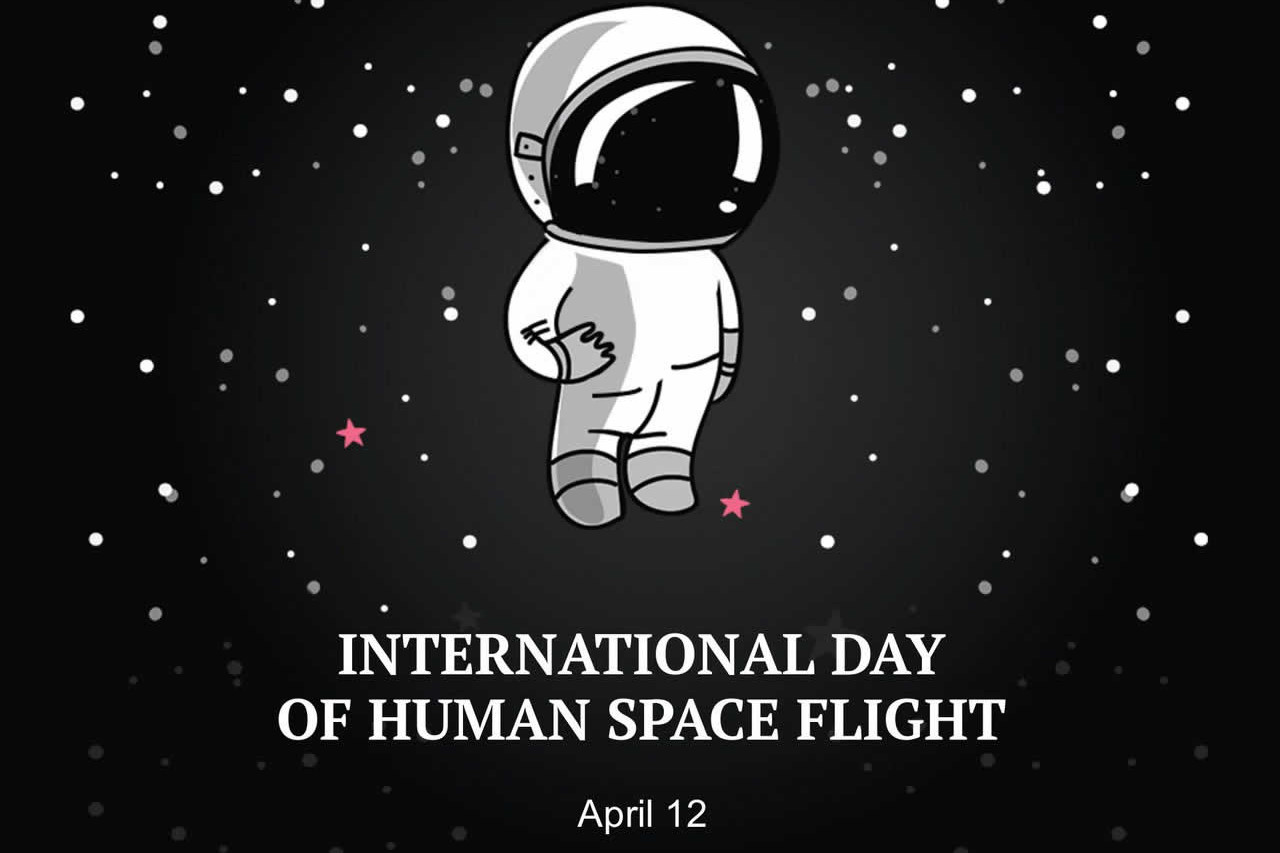International Day of Human Space Flight: Utilizing Space Flight To Mitigate Global Warming

By Obiabin Onukwugha and Ojugbele Omotunde
On April 7 2011, the General Assembly in its resolution A/RES/65/271, declared 12 April as the International Day of Human Space Flight “to celebrate each year at the international level the beginning of the space era for mankind. It was in reaffirming the important contribution of space science and technology in achieving sustainable development goals and increasing the well-being of States and peoples, as well as ensuring the realization of their aspiration to maintain outer space for peaceful purposes.”
Activities around space flight came to being after in 1961, Yuri Gagarin became the first person to travel into orbit onboard the Vostok 1 spacecraft.
Since then, other scientists, including a woman, Soviet cosmonaut, Valentina Tereshkova in June 1963.
Also, in recognizing the common interest of humankind in outer space and seeking to answer questions on how outer space can help benefit the people’s of Earth, the General Assembly adopted its first resolution related to outer space, resolution 1348 (XIII) entitled “Question of the Peaceful Use of Outer Space”.
On 10 October 1967, the “Magna Carta of Space”, also known as the Treaty on Principles Governing the Activities of States in the Exploration and Use of Outer Space, including the Moon and Other Celestial Bodies entered into force.
The significance of the International Day of Human Space Flight in addition to demonstrating human capacity in space, is to also encourage future generations to aspire for the stars and venture beyond the planet by serving as a reminder of the amazing technological and space exploration accomplishments.
With this mind, there is need to look at how activities within the orbit can contribute to mitigating global warming.
The theme for the International Day of Human Space Flight in 2024 is “Encourage scientific curiosity,” which is to support the peaceful exploration and upkeep of space.
In recent years climate change and global warning has culminated in natural disasters ranging from extreme weather conditions, flooding, tyfoons, food shortages, landslides, coastal erosions, amongst others.
There is no gainsaying the fact that while climate change and global warming has been attributed to fossil fuel emissions, man”s activities in the space might have contributed more.
Recently some researchers have proposed firing plumes of moon dust from a gun into space in order to deflect the sun’s rays away from Earth.
The seemingly outlandish concept, according to reports, outlined in a new research paper, would involve creating a “solar shield” in space by mining the moon of millions of tons of its dust and then “ballistically ejecting” it to a point in space about 1m miles from Earth, where the floating grains would partially block incoming sunlight.
Overtime satellites have been launched in space as part of experiments and example of these launches are; hubble Space Telescope in 1990, GPS Satellites, a constellation of satellites which makes up the Global Positioning System (GPS), which provides position and timing data for mapping and navigation and the International Space Station (ISS) Satellites: The ISS is a cooperative endeavor involving several nations, and it is equipped with a number of satellites for scientific study, communication, and Earth observation.
During this years celebration, cross-border advocacy groups are expected to gather, driven by the shared goal of preserving the wonders of space that were ignited when Gagarin first ventured beyond Earth’s boundaries.
A statement by the United Nations to mark the day noted that by “encouraging all stakeholders to aim high, this event offers a chance to spark global momentum for positive change and it’s also a day to honor the bravery, inventiveness, and curiosity that propel our cosmic exploration.”
As the theme for this year implies, there is need for stakeholders to encourage and develop not just curiosity, but studies as to how restoring celestial bodies to their original form before man’s exploration ventures, can contribute to mitigate global warming.
There is also the need for the United Nations to convoke international conference such as that of the Conferences of Parties (COP) to take on such discussions, or include discussions around the space into the COP.
